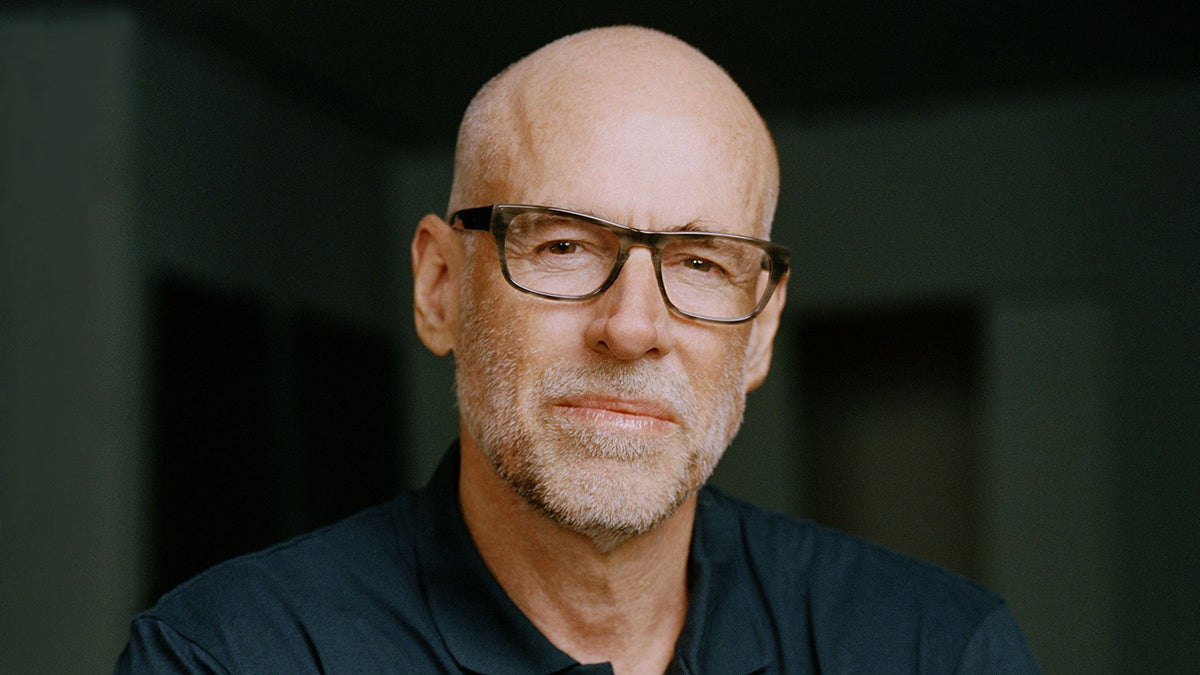
The question of how to get workers back into the office has left many businesses stumped. Since the end of Covid-related restrictions on our movement that forced many to transition to working from home, businesses have tried numerous methods to coerce people back to their desks.
Most organisations have had to turn to mandated office returns – 72% of global employers surveyed by workplace design company Unispace said they were using this tactic. But, while many workers have been hesitant to return to the daily commute, young people should welcome the change, according to New York University Stern marketing professor Scott Galloway.
“I’m a big fan of going back to the office for young people,” he said, speaking to an audience at the Wall Street Journal’s CEO Council Summit earlier this week. “My advice to anyone is get into the office as soon as possible.”
He believes being in an office environment is particularly important for young men. This is because, so he claims, the prefrontal cortex – the part of the brain that is responsible for executive functions, such as planning, decision-making and self control – develops later in males than females.
My advice to anyone is get into the office as soon as possible
“When I was 22 and in my first job at Morgan Stanley, my mentor used to consistently take me into another room, right after a meeting and go, ‘what the f*ck were you thinking?’.” Galloway recalled. “He was able to tell me when I was making an unproductive comment, and when I should do more of the same; I needed that.”
Without this on-the-job guidance and mentorship, he fears that businesses are going to develop a generation of workers lacking the key skills they need to succeed. That is growing concern among a number of companies, with professional services firms Deloitte and PwC recently introducing training programmes to prepare young staff for team-based and client-facing work. These businesses believe that recent graduates’ lack of exposure to the corporate environment has left them without some of the soft skills that they look for in new recruits.
Galloway also worries that young people who choose to stay at home will find themselves falling behind in both their professional and personal lives. He added: “The amount of time you spend at home is inversely correlated to your success, professionally and romantically. You need to be out of the house.”
Scott Galloway on hustle culture and work/life balance
The reason many people are so reluctant to return to the office, certainly full time, is because it would mean sacrificing some of the autonomy and work/life balance they have gained while working from home.
If you have a side hustle it means you need to get out of your main gig
However, work/life balance is little more than “a myth”, according to Galloway. He suggests that if young people want to be in the top 10th or 100th percentile economically, they must be prepared to “have no life other than work”. Based on his own experiences, Galloway believes it takes more than two decades of consistent hard work to be financially successful and that the younger generation must be prepared to “buck up” if they have ambitions to achieve the same level of prosperity.
“I don’t remember my 20s and 30s, other than work,” Galloway said. “It cost me my hair, it cost me my first marriage – and it was worth it. You can have it all, you just can’t have it all at once.”
Despite his belief in hard work, he is not a fan of the hustle culture that is often espoused by many influential business figures. “I hate hustle culture,” he explained. “If you have a side hustle it means you need to get out of your main gig. The best ROI for a young person’s additional efforts is not starting a shoe line or jewellery brand in their spare time, but finding a main hustle that they really like and doubling down on that.”
“To be successful now it takes 110% effort,” he added. “It’s not enough to be good, you have to be great.”

The question of how to get workers back into the office has left many businesses stumped. Since the end of Covid-related restrictions on our movement that forced many to transition to working from home, businesses have tried numerous methods to coerce people back to their desks.
Most organisations have had to turn to mandated office returns – 72% of global employers surveyed by workplace design company Unispace said they were using this tactic. But, while many workers have been hesitant to return to the daily commute, young people should welcome the change, according to New York University Stern marketing professor Scott Galloway.
“I’m a big fan of going back to the office for young people,” he said, speaking to an audience at the Wall Street Journal’s CEO Council Summit earlier this week. “My advice to anyone is get into the office as soon as possible.”
